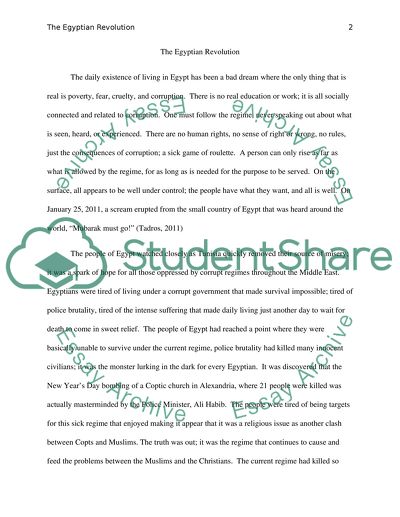Cite this document
(“The Egyptian Revolution Research Paper Example | Topics and Well Written Essays - 1750 words”, n.d.)
Retrieved from https://studentshare.org/family-consumer-science/1417125-the-egyptian-revolution
Retrieved from https://studentshare.org/family-consumer-science/1417125-the-egyptian-revolution
(The Egyptian Revolution Research Paper Example | Topics and Well Written Essays - 1750 Words)
https://studentshare.org/family-consumer-science/1417125-the-egyptian-revolution.
https://studentshare.org/family-consumer-science/1417125-the-egyptian-revolution.
“The Egyptian Revolution Research Paper Example | Topics and Well Written Essays - 1750 Words”, n.d. https://studentshare.org/family-consumer-science/1417125-the-egyptian-revolution.


